The impact of Russia sanctions on Swiss banks
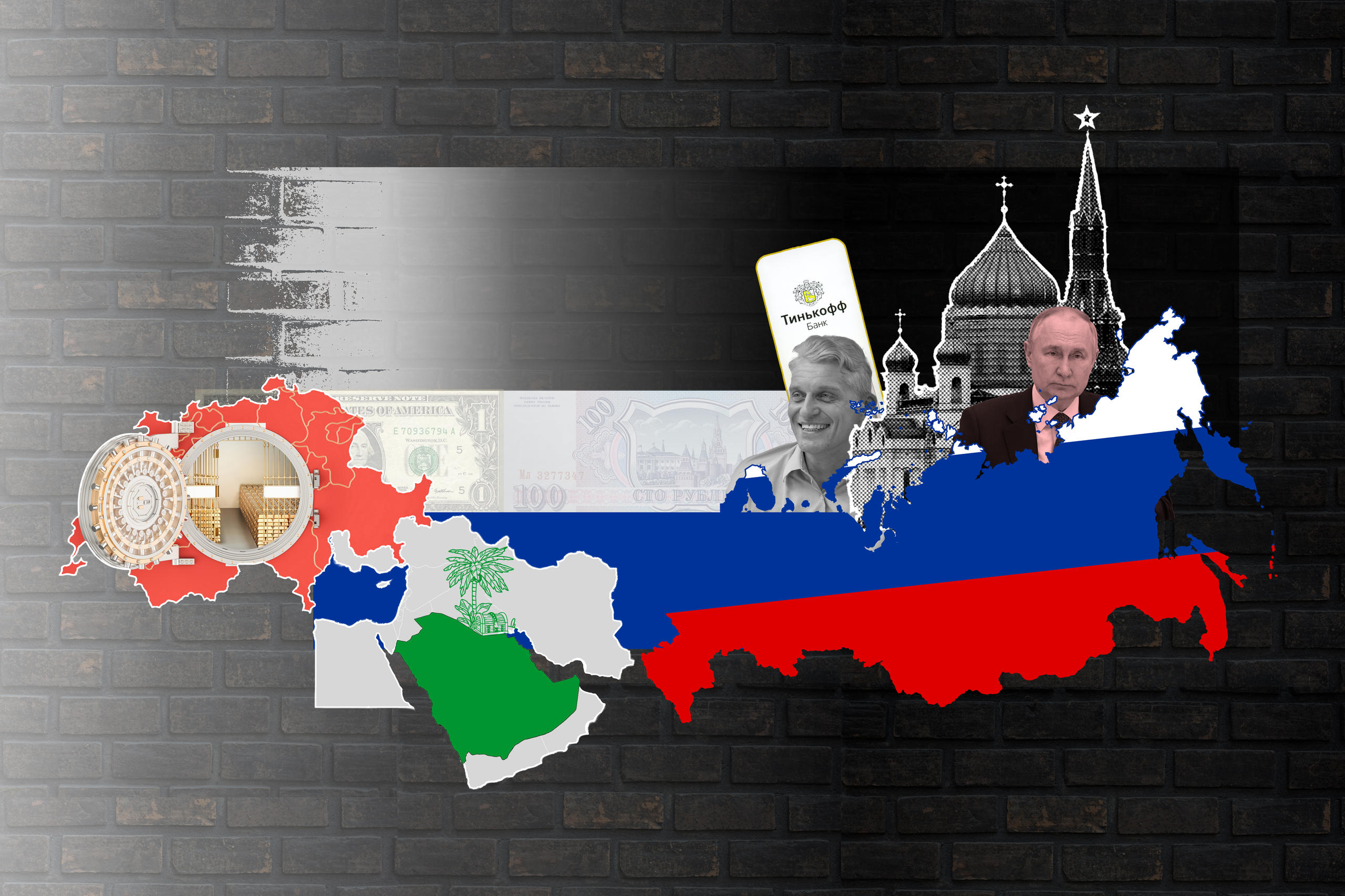
The unprecedented range of global sanctions imposed on Russian oligarchs and businesses have created a headache for the Swiss financial centre.
Russian millionaires are taking their money elsewhere, most notably the Middle East, amid doubts about the true value of Swiss neutrality.
+ Read how Switzerland’s wealth crown is up for grabs
In its Global Wealth Report 2023, the Boston Consulting Group (BCG) spoke of a “significant exodus of Russian assets from Europe to the Middle East”, evidenced by a $100 billion (CHF88 billion) rise in wealth deposited in the United Arab Emirates last year, the fastest annual growth of any offshore booking centre.
On the other hand, the G7 countries, particularly the United States, have questioned whether Switzerland is doing all it can to track Russian assets stashed away in bank vaults.
Swiss banks complain of being caught in the middle and lumbered with yet more paperwork on top of existing anti-tax evasion and money laundering regulations.
“Contradictions between sanctions regimes [the United States, European Union and Britain] are repeatedly leading to major difficulties with implementation and unnecessary compliance risks,” Philipp Rickenbacher, CEO of Julius Bär bank and president of the Swiss Wealth Management Association, said at a private banking summit in June.
Patchwork of sanctions
The patchwork of sanctions is particularly challenging for banks with multiple branches abroad that bear the extra risk of needing to work with local banks in each of the countries that they operate – any one of which could be turning a blind eye to certain sanctions.
The case of Swiss-based Russian billionaire Oleg Tinkov highlights the complexities banks face in applying sanctions. Britain was the sole country to apply sanctions to Tinkov, which were recently overturned. But all western nations have sanctioned the bank he set up, Tinkoff, and that he was later forced to sell to another Russian oligarch.
Switzerland has decided to take over EU sanctions and has no choice but to adopt US sanctions, which have extra-territorial reach due to the power of the dollar and US financial system.
Instead of blithely adopting such measures, Switzerland should in future actively seek to influence global sanctions packages in a way that suits its domestic agenda, Swiss bankers argue.
They particularly chafe at an EU demand that Russians without citizenship or residence in the EU or EFTA (Switzerland, Norway, Liechtenstein and Iceland) must register all deposits in excess of €100,000 (CHF95,600).
“Switzerland wasn’t prepared for sanctions, because only the US and the EU discussed them together,” Grégoire Bordier, president of the Association of Swiss Private Banks, told SWI swissinfo.ch.
Global taskforce
“In a more geopolitically diverse world, you must consider that the future will very likely hold more surprises. Being part of a global taskforce would be a great advantage because you can then help shape the discussions rather than just follow the pack,” Bordier added.
Such a body already exists, in the shape of the Russian Elites, Proxies and Oligarchs (REPO) Taskforce that has been set up by the G7 nations, which include the US and the EU.
Russia’s invasion of Ukraine prompted a series of sanctions by the European Union, the United States and wealthy Group of 7 nations on Russian individuals, companies and trade. Switzerland has kept in line with the EU, implementing its tenth package of sanctions last March.
That has not stopped the international community — including NGOs and more recently the G7 — from criticising Switzerland for not doing enough. They particularly point the finger at the limited amount of Russian assets frozen in Switzerland and argue the Alpine nation could do a better job enforcing sanctions.
In this series we look at what steps Switzerland has taken to conform to international standards and where it lags behind. We question the grounds for sanctions and their consequences for commodity traders based in Switzerland. We also analyse Russian assets in the country and understand how some oligarchs are navigating sanctions.
Nobody appears able to say exactly how much money wealthy Russians have salted away in Switzerland. The Swiss Bankers Association estimates the total at around CHF150 billion ($173 billion), which pales in comparison to the CHF2.2 trillion in offshore assets that are managed by Swiss banks.
An obligation to report deposits of over CHF100,000 belonging to Russians with no EU or EFTA connections has turned up CHF46 billion. Switzerland has frozen CHF7.5 billion of sanctioned Russian bankable assets along with some 15 properties.
“The sparse information on Russian assets in Switzerland suggests that the authorities are not active enough in looking for hidden assets of sanctioned persons,” Martin Hilti, head of Transparency International Switzerland, told SWI swissinfo.ch. “They should implement sanctions proactively by joining international task forces.”
Switzerland has so far rejected this type of international cooperation, arguing that Swiss sanctions already function perfectly well without joining the REPO taskforce.
In addition, Switzerland is desperate to defend its stance of political neutrality, which could be impaired by joining a western alliance on sanctions against Russia.
The Swiss chapter of Transparency International demands that lawyers, financial advisors plus real estate and art transactions be subject to the same exacting anti-money laundering measures as banks.
Facilitators targeted
Russia’s invasion of Ukraine forced some Swiss banks and other financial companies to suspend or cancel Russian operations, but none have reported a serious adverse impact on their business as a result.
A handful of smaller asset managers and wealth advisors who had focused on Russia have borne the brunt of lost business. Russia’s Gazprombank, which was used by concert cellist Sergey Roldugin to launder millions of francs for Russian President Vladimir Putin, and Sberbank were forced to shutter their Swiss offices and look for buyers of these operations.
The US has also turned up the heat on so-called “facilitators” – lawyers, accountants and financial advisors who help the rich move money around in opaque ways. In May, the Swiss asset manager DuLac Capital and its Moscow office head Anselm Schmucki were among those added to the growing US sanctions list.
DuLac chair Domino Burki told SWI that the company had never violated sanctions and that it had been found “guilty by association” with the personal dealings of Schmucki, who has now left DuLac Capital. The financial company has had its accounts frozen and is in the process of winding down operations, Burki added. “We are not guilty. We are collateral damage,” he said.
Switzerland’s coveted wealth management industry is concentrating its efforts on limiting the damage to Russian assets fleeing abroad. According to BCG, the UAE has been the main beneficiary of this shift in wealth, taking in 11% more assets last year to now manage half a trillion US dollars.
Swiss private banks are anxious that this trend does not spread to clients from other countries. The key is to persuade the wealthy elites that sanctions against Russia do not dilute Switzerland’s neutrality, which is a key selling point for rich people living in politically unstable countries.
“Clients still believe, as do I, that Switzerland is a neutral country that follows the fundamental rules of neutrality,” said Bordier. “They are not questioning why sanctions target a certain group of people. The question is more ‘where are you going’ rather than ‘where are you now’.”
Red lines
The US and the EU are examining ways to either seize Russian assets permanently or invest them and use the windfall proceeds to help rebuild Ukraine. But both measures are legally contentious and threaten the golden rule of safeguarding ownership rights. Compromising legal certainty that an asset will not be seized unless a criminal act has been proven could land a mortal blow for the wealth management industry.
“Clients would be worried if certain red lines are crossed: seizing assets when no crime has been committed or by retrospectively creating criminal offences,” Bordier said. “That would really worry many clients in regions that are less stable and are subject to regular regime changes. They represent a sizeable percentage of the wealth managed in Switzerland.”
But the prospect of a financial return that would both punish Russia and benefit Ukraine is a strong political lure. “A windfall profit system will be developed, and the current estimation is that the total returns could be €3 billion a year,” Belgian prime Minister Alexander de Croo told journalists last month.
Transparency International Switzerland would also welcome such a measure, with Hilti saying that “solutions should be sought that satisfy rule-of-law criteria”.
Edited by Virginie Mangin
illustration by Helen James

In compliance with the JTI standards
More: SWI swissinfo.ch certified by the Journalism Trust Initiative








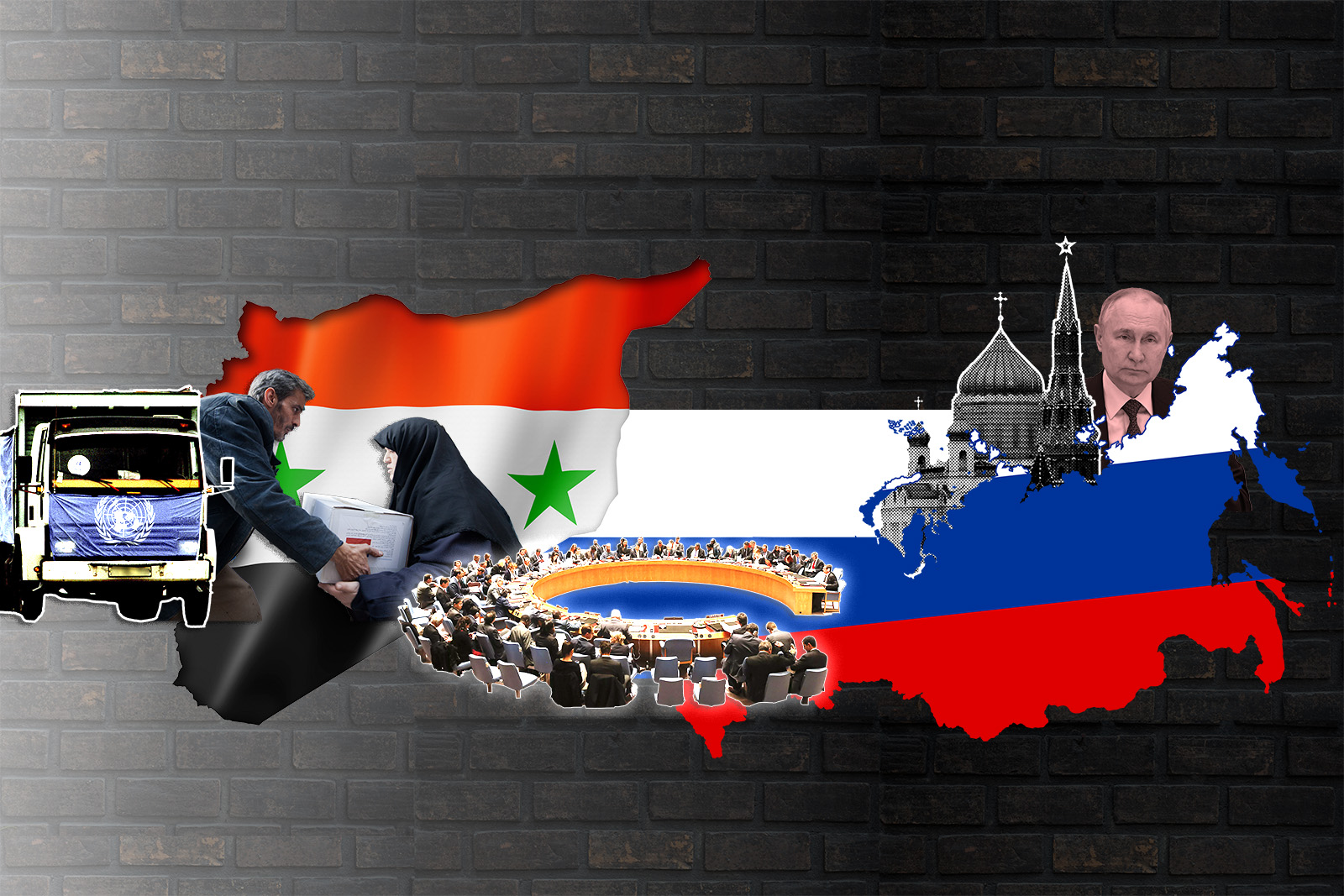
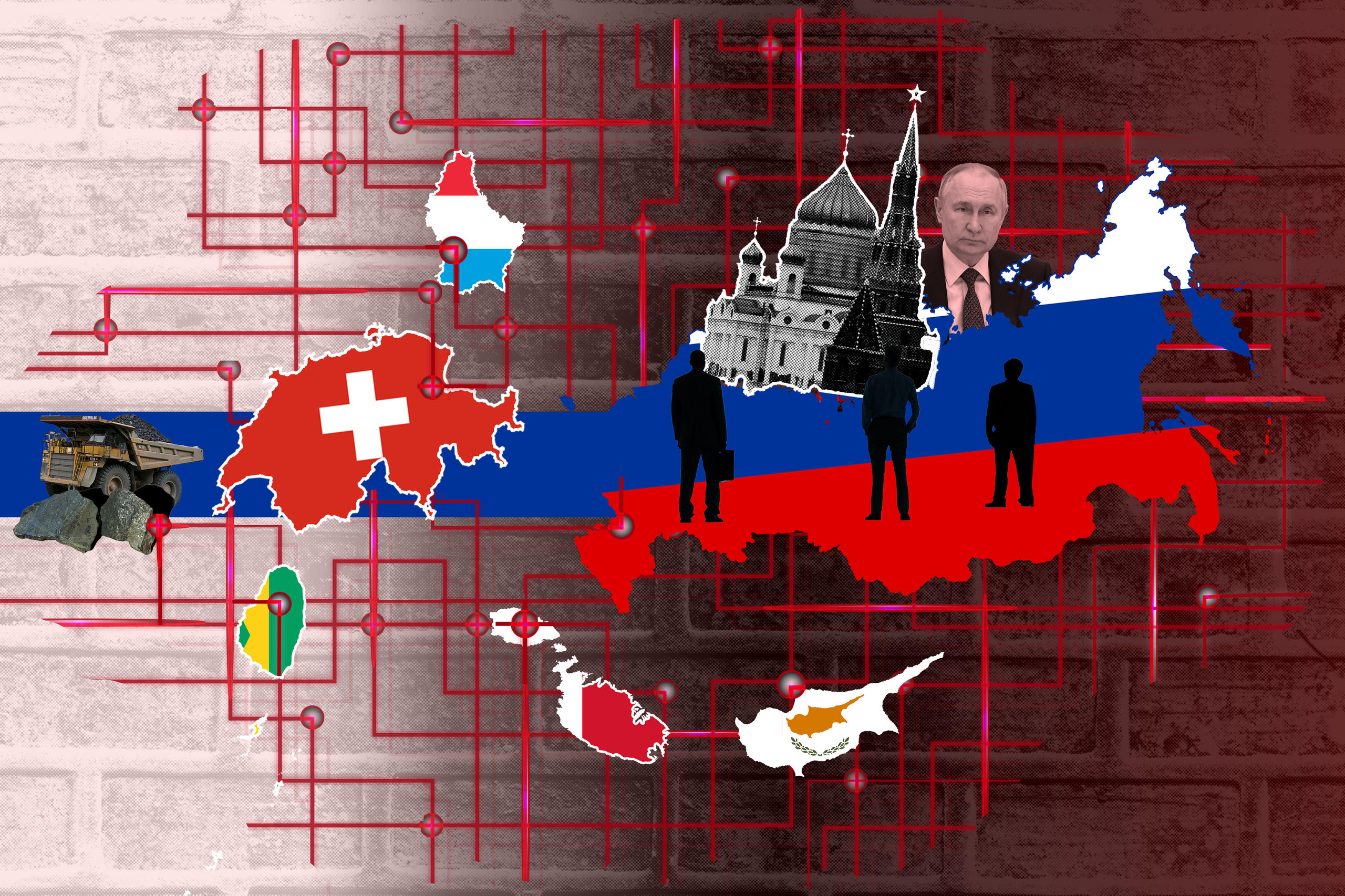
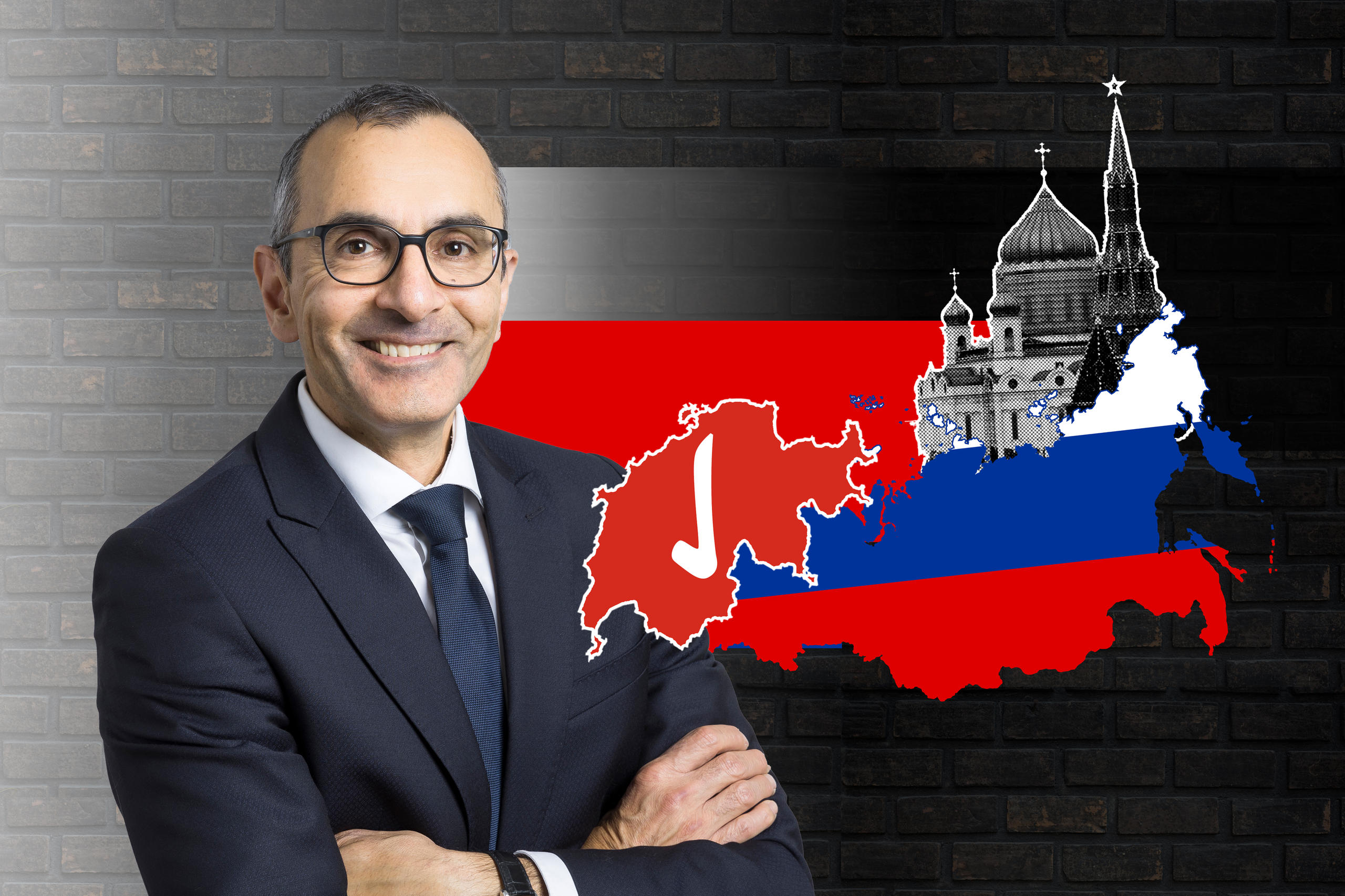
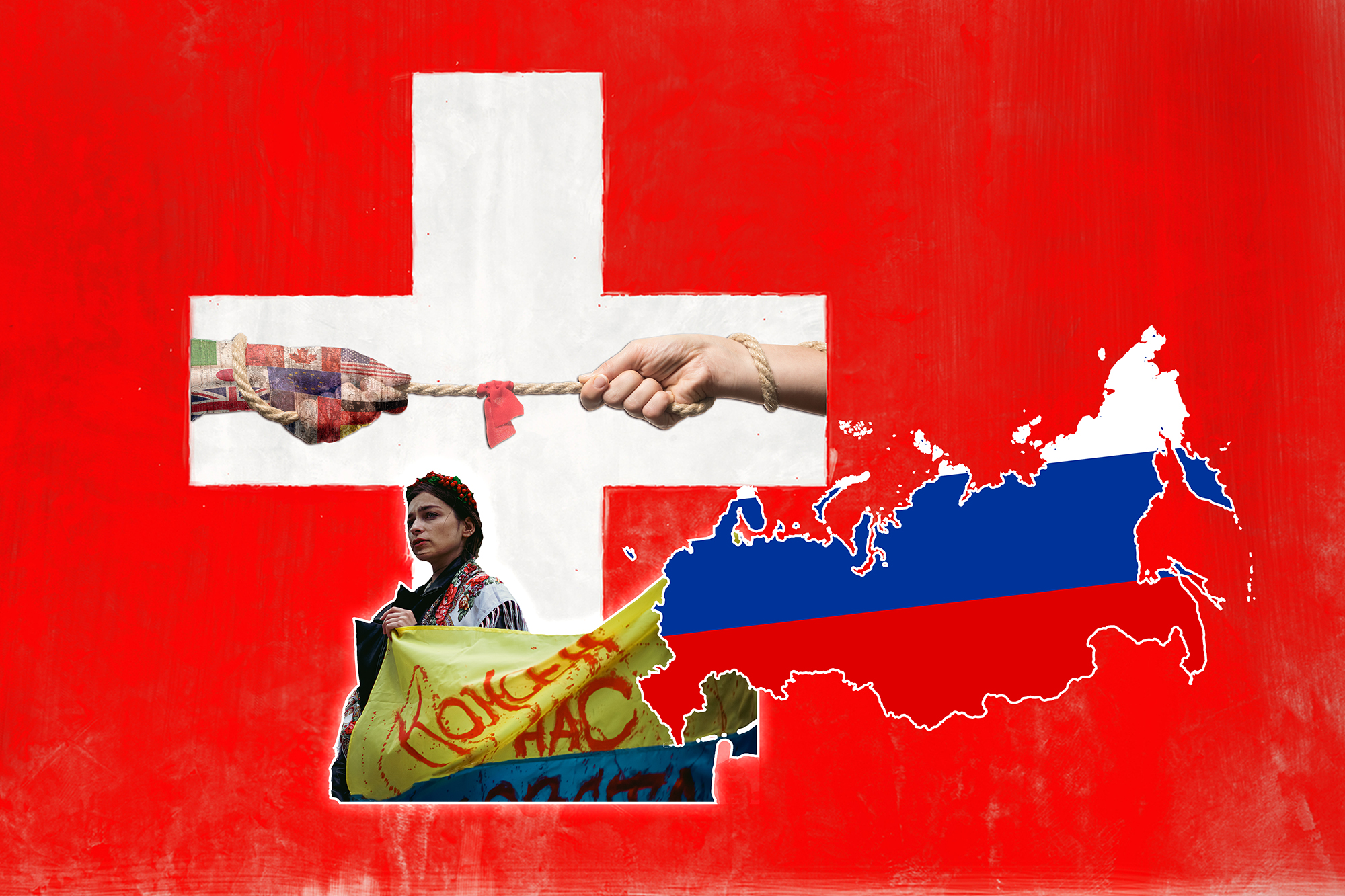
You can find an overview of ongoing debates with our journalists here . Please join us!
If you want to start a conversation about a topic raised in this article or want to report factual errors, email us at english@swissinfo.ch.